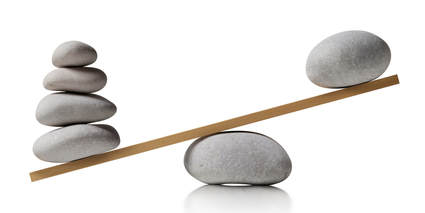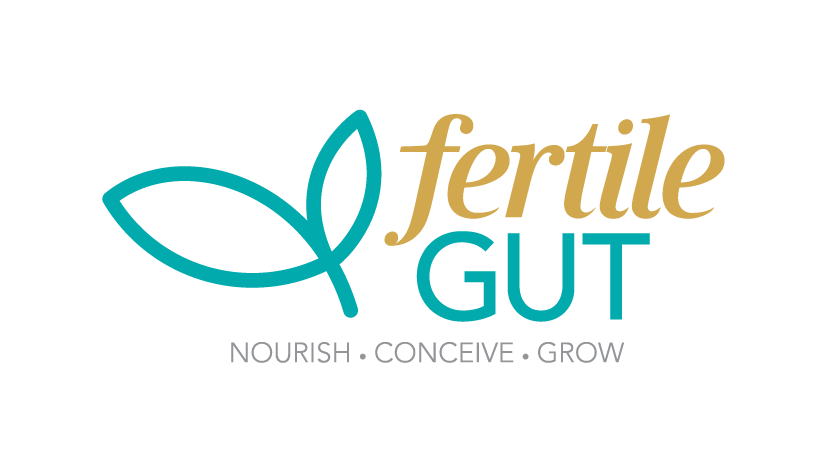|
Energy balance is the relationship between how much energy you expend through exercise, activities of daily living and your basal metabolic rate (the energy we need to keep our basic bodily functions going), and how much energy you take in from food and drink. For women that have a low body mass index and low body fat levels, engaging in excessive exercise is likely to lead to a negative energy balance unless particular attention is given to ensuring adequate nutrition.
Women with a low body mass index participating in more than 30 minutes per day of moderate or vigorous exercise are at greater risk of anovulation (and hence infertility) (1). Even in normal weight women with no tubal defects and that had never been pregnant, engaging in extremely heavy / vigorous exercise for more than 60 minutes a day increased the risk of ovulatory infertility by 600% (2)! While ensuring you are getting enough nutrients for the amount of activity you are doing is important, so is getting the balance of moderate and vigorous exercise right. It is imperative that your body composition and current activity are considered to prescribe the right amount and intensity of exercise to optimise your menstrual cycle and ovulation. Want to know if your energy balance is supporting conception? Join us today! References 1. Chavarro JE, Rich-Edwards JW, Rosner BA, Willett WC. Diet and lifestyle in the prevention of ovulatory disorder infertility. Obstetrics and gynecology. 2007; 110: 1050-8. 3. Green B, Daling J, Weiss N, Liff J, Koepsell T. Exercise as a risk factor for infertility with ovulatory dysfunction. American Journal of Public Health. 1986; 76: 1432-6. Comments are closed.
|
|
1300 084 694
[email protected] Suite T36, 477 Boundary St Spring Hill, Brisbane QLD 4000 Fax. 07 3540 8164 Copyright © 2022
|



